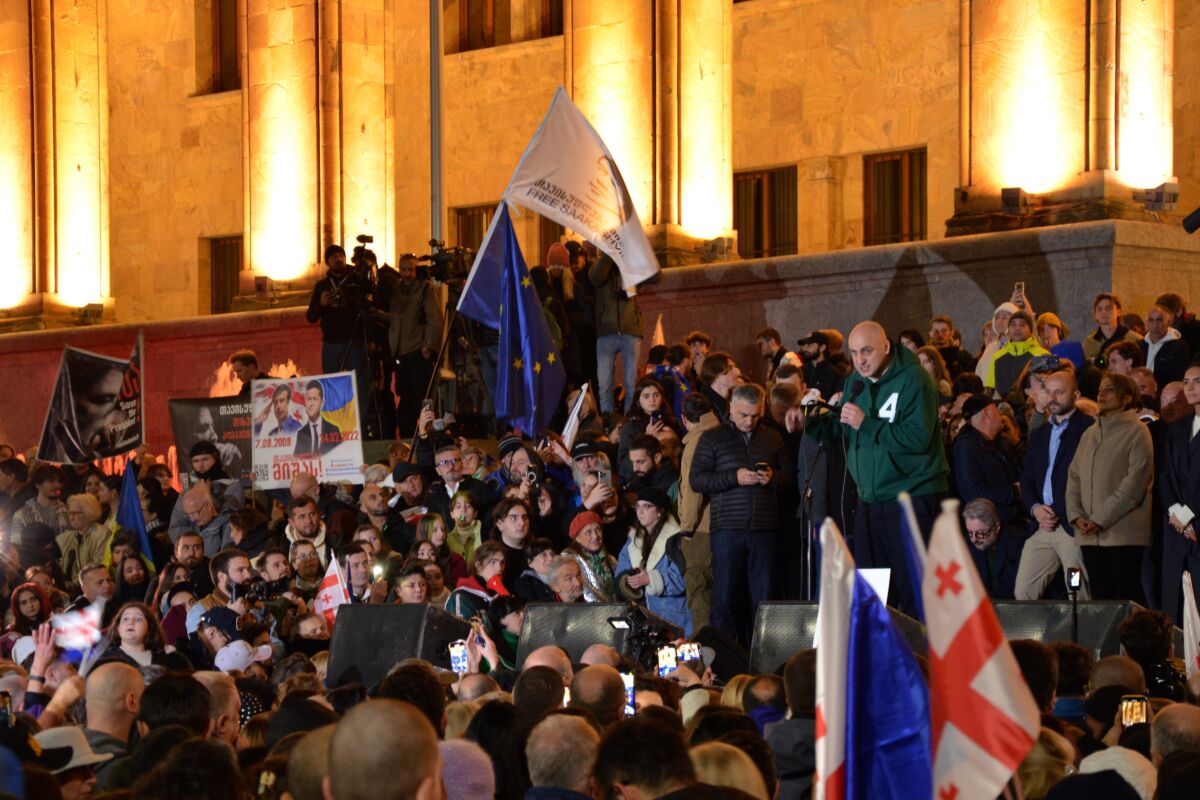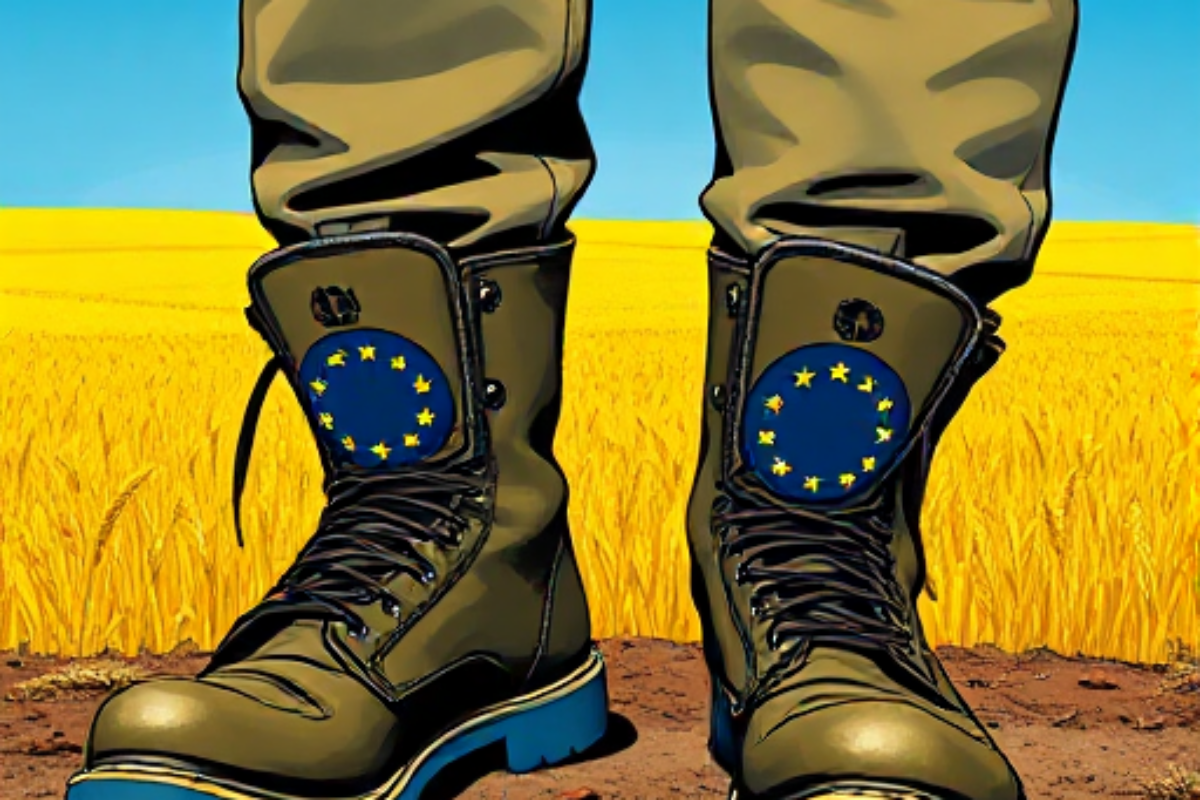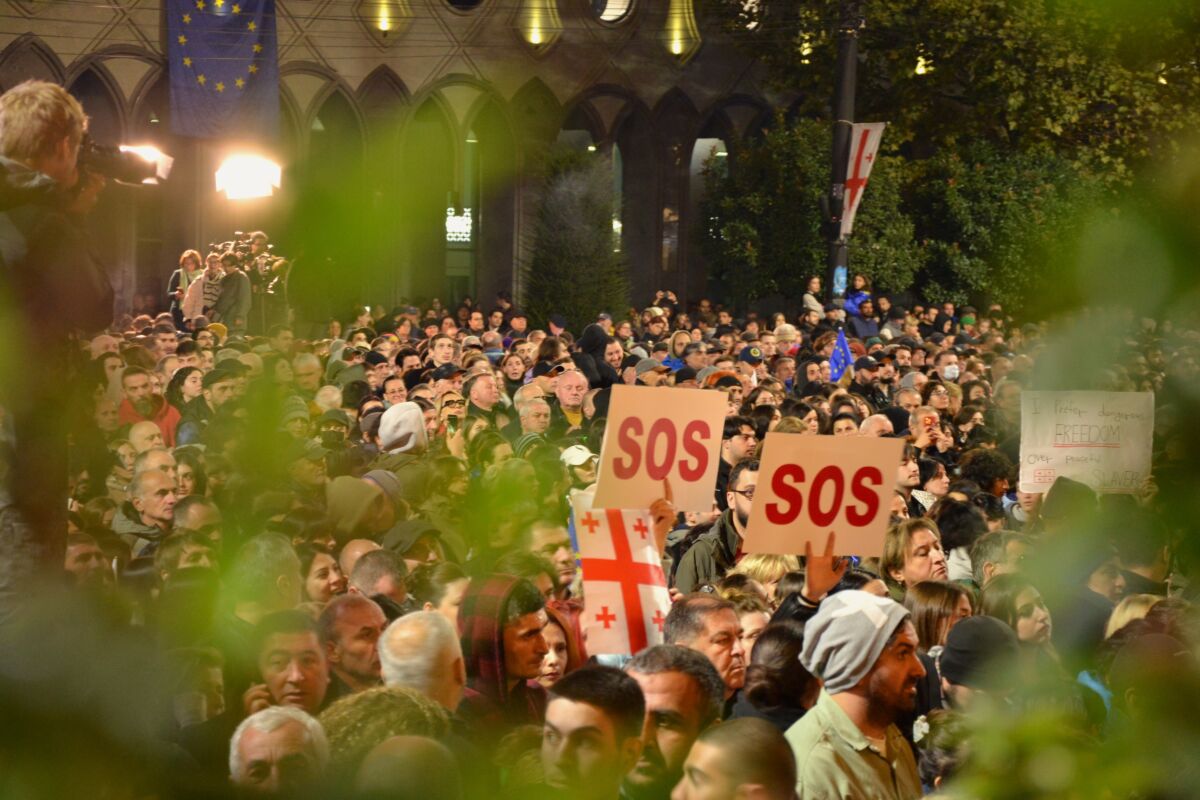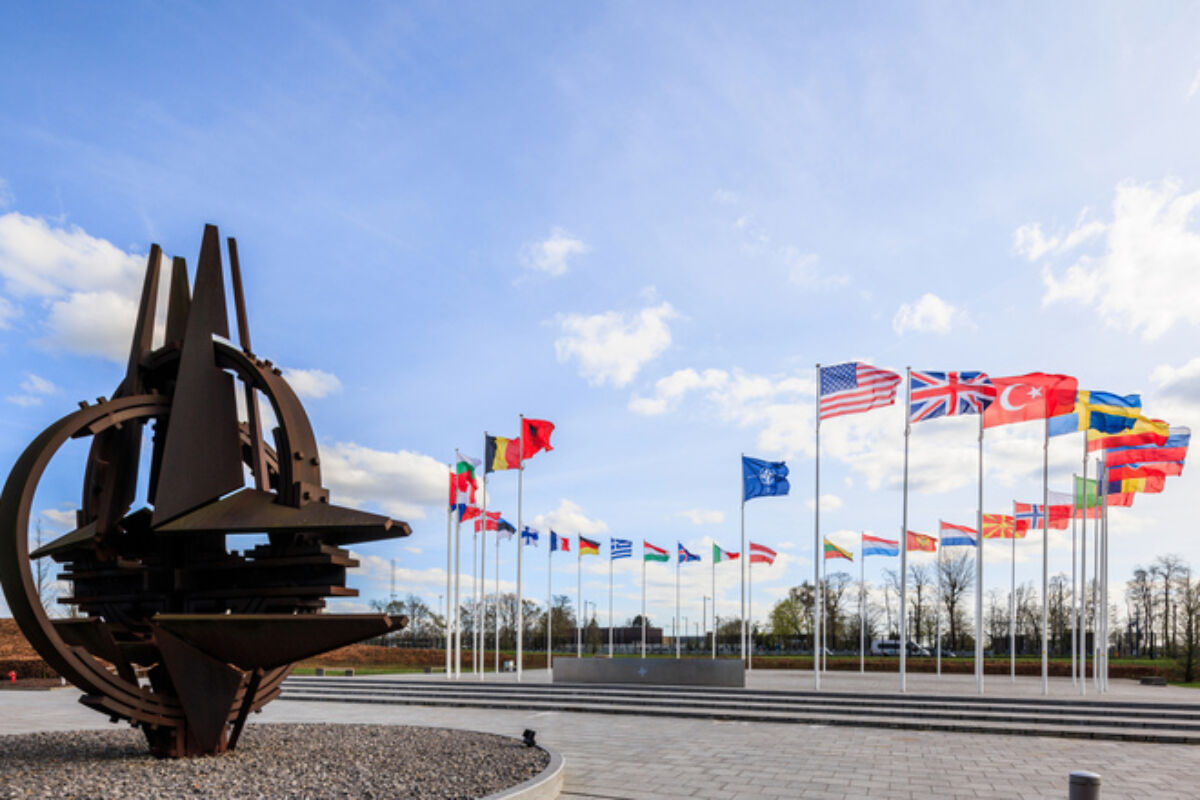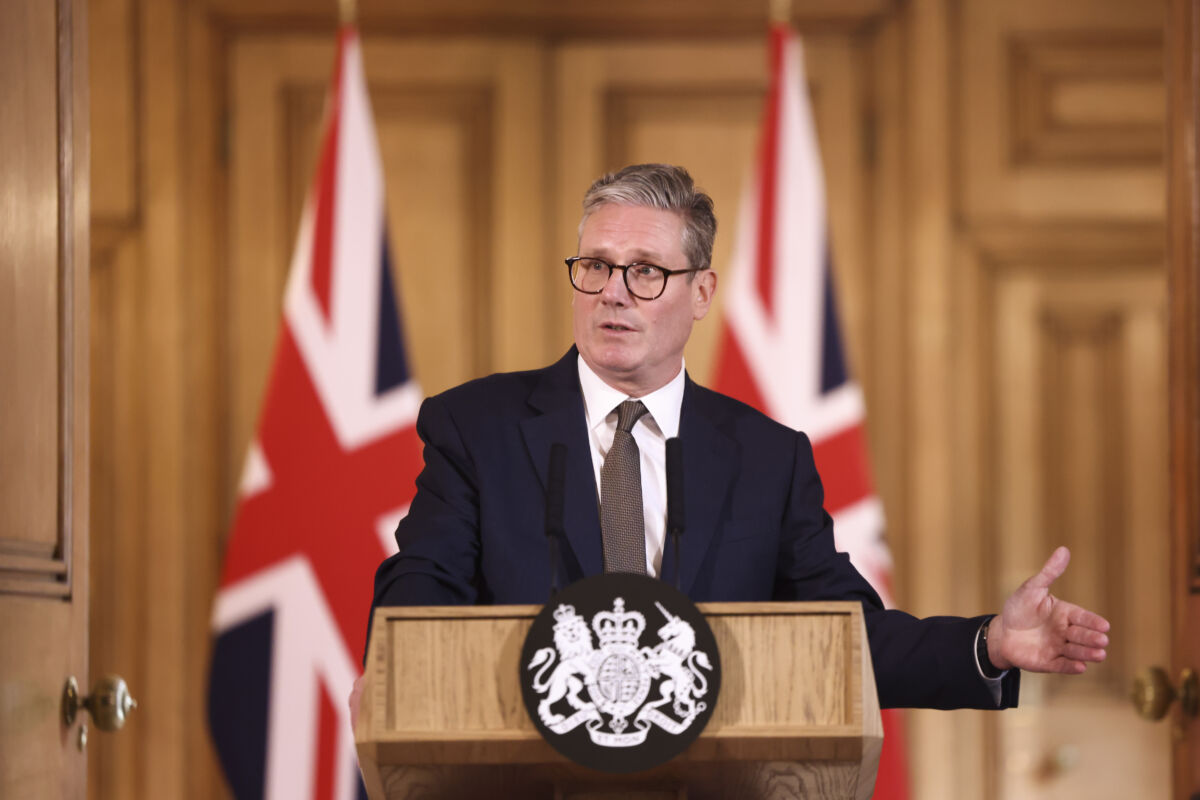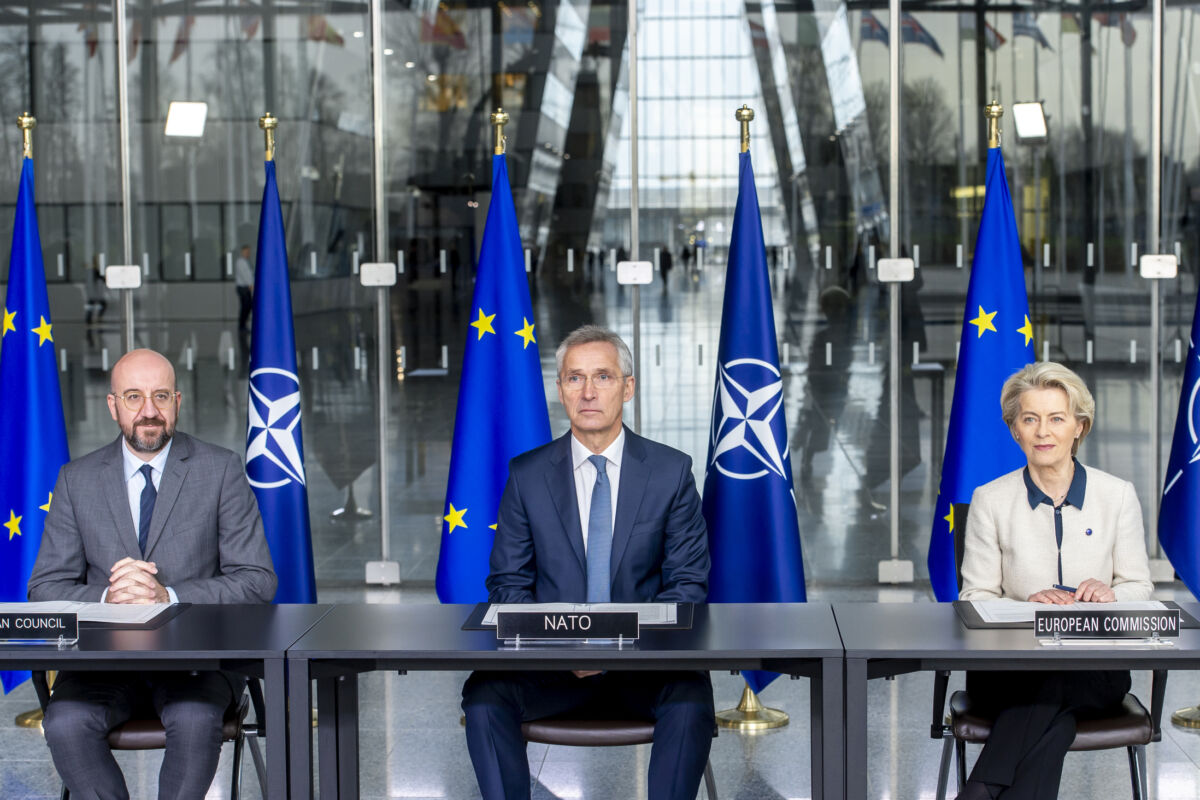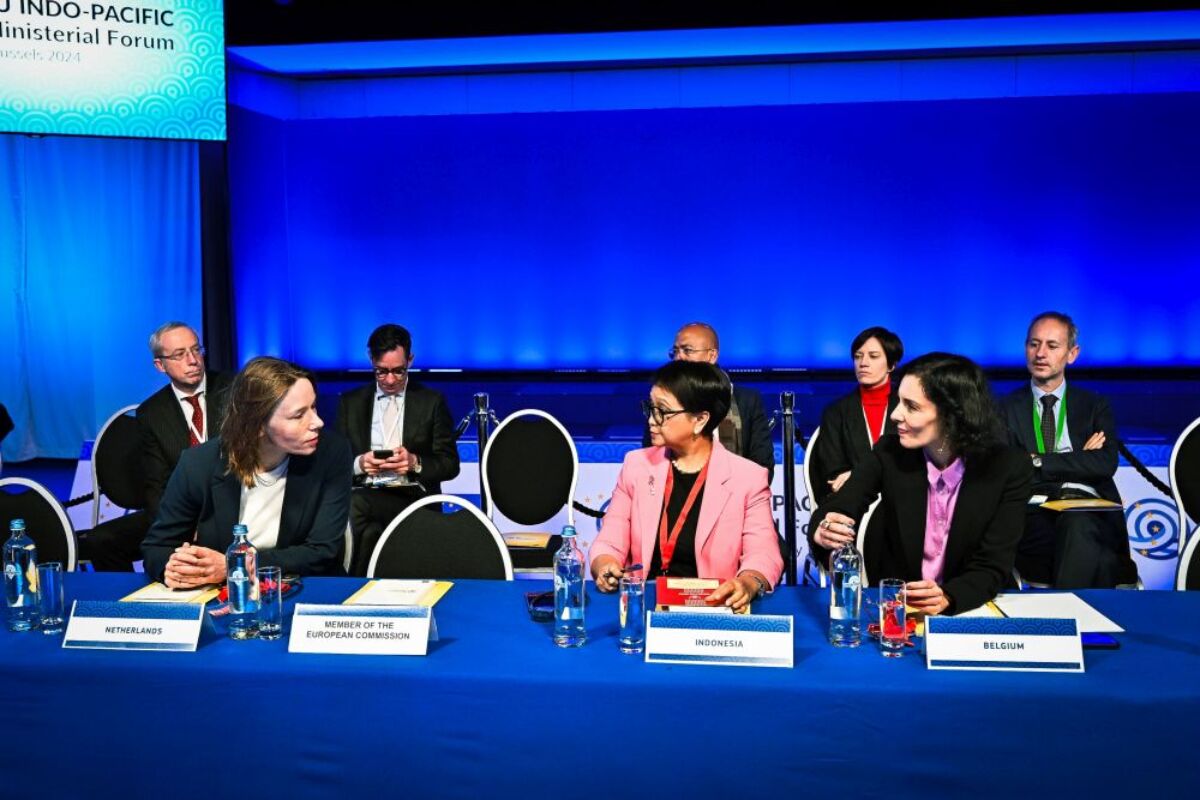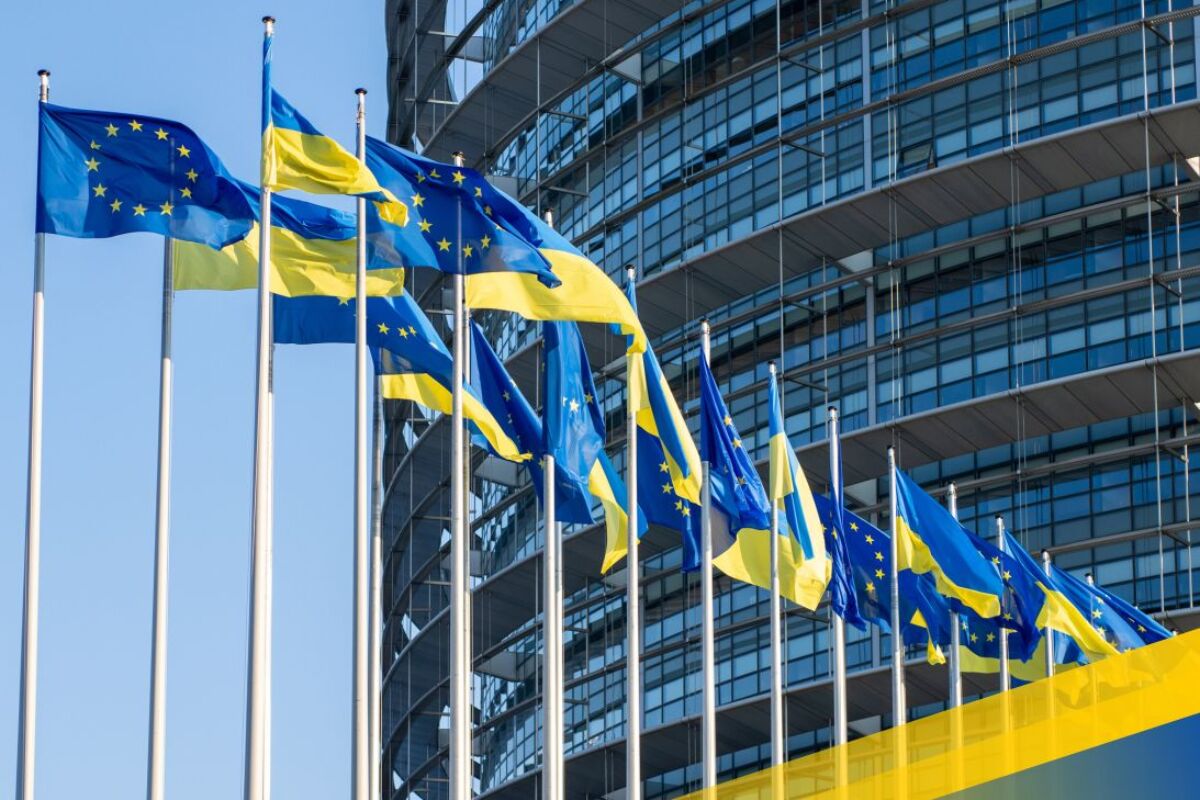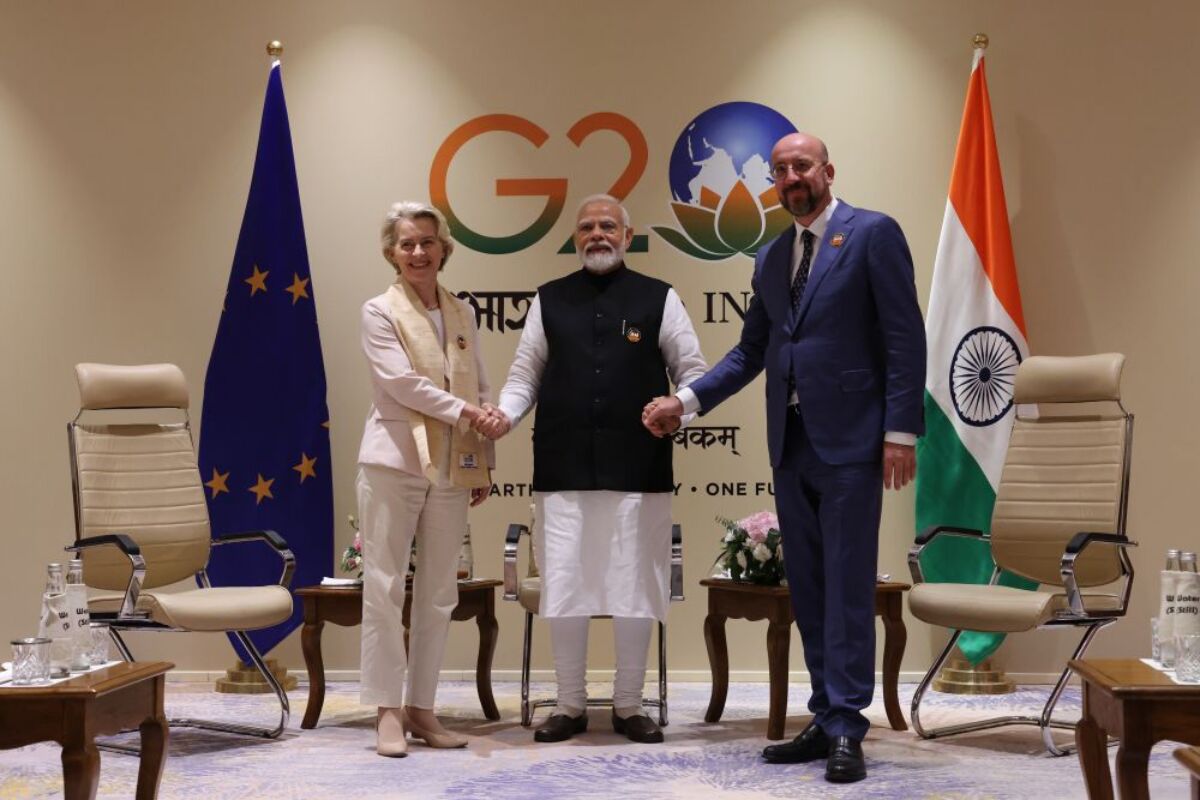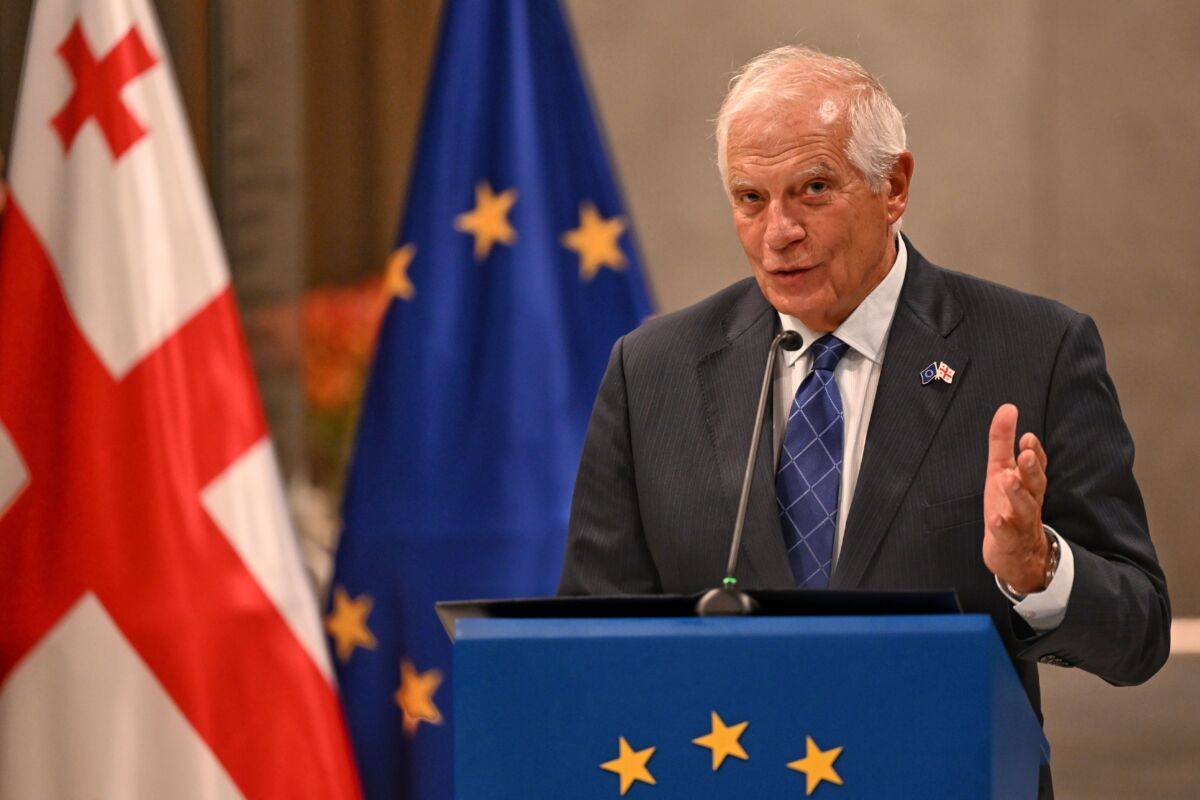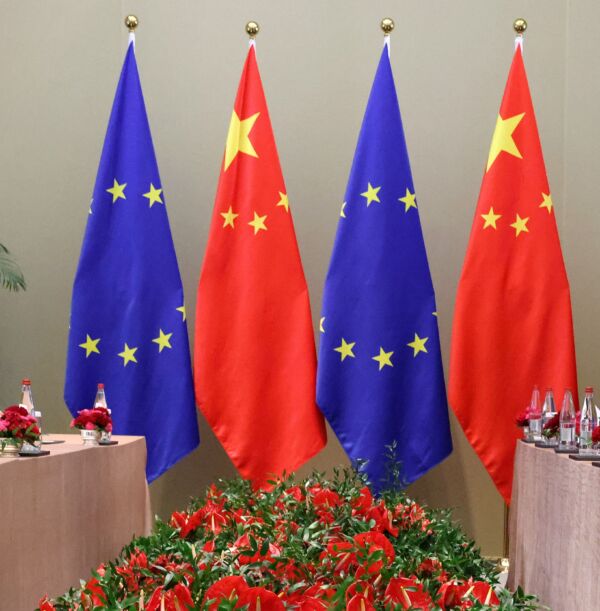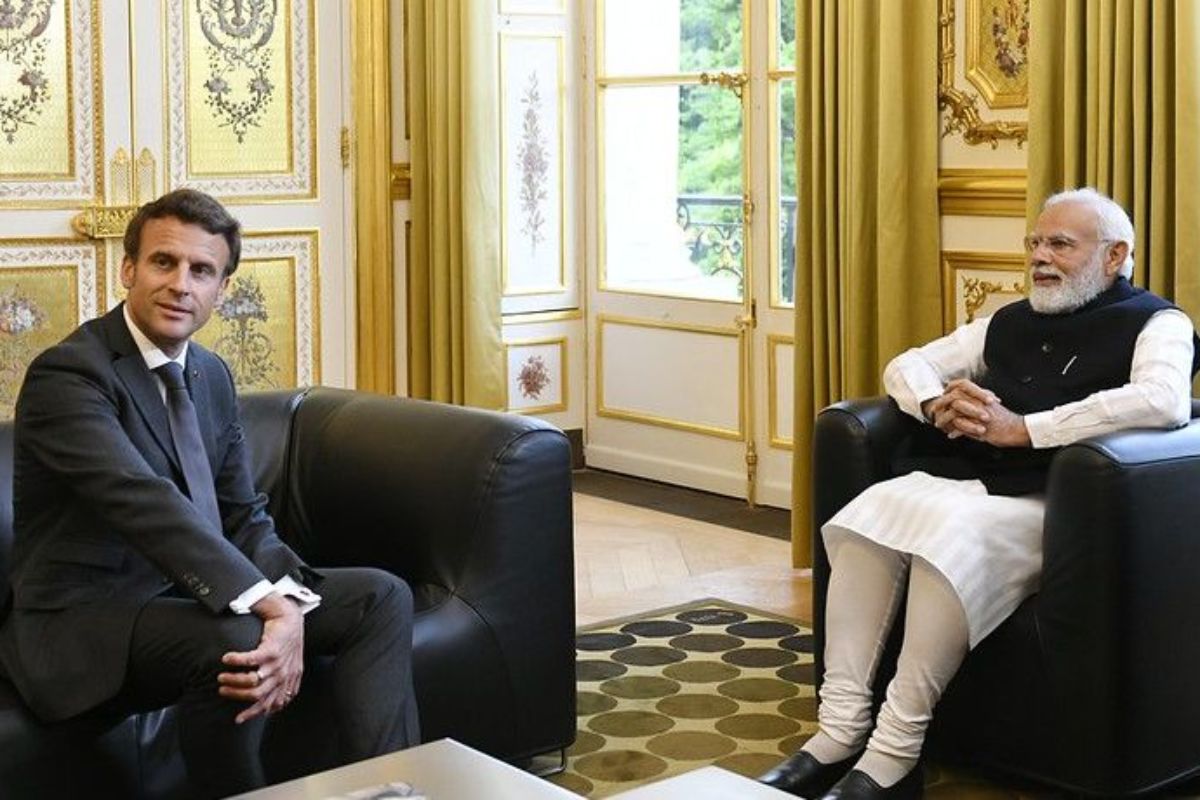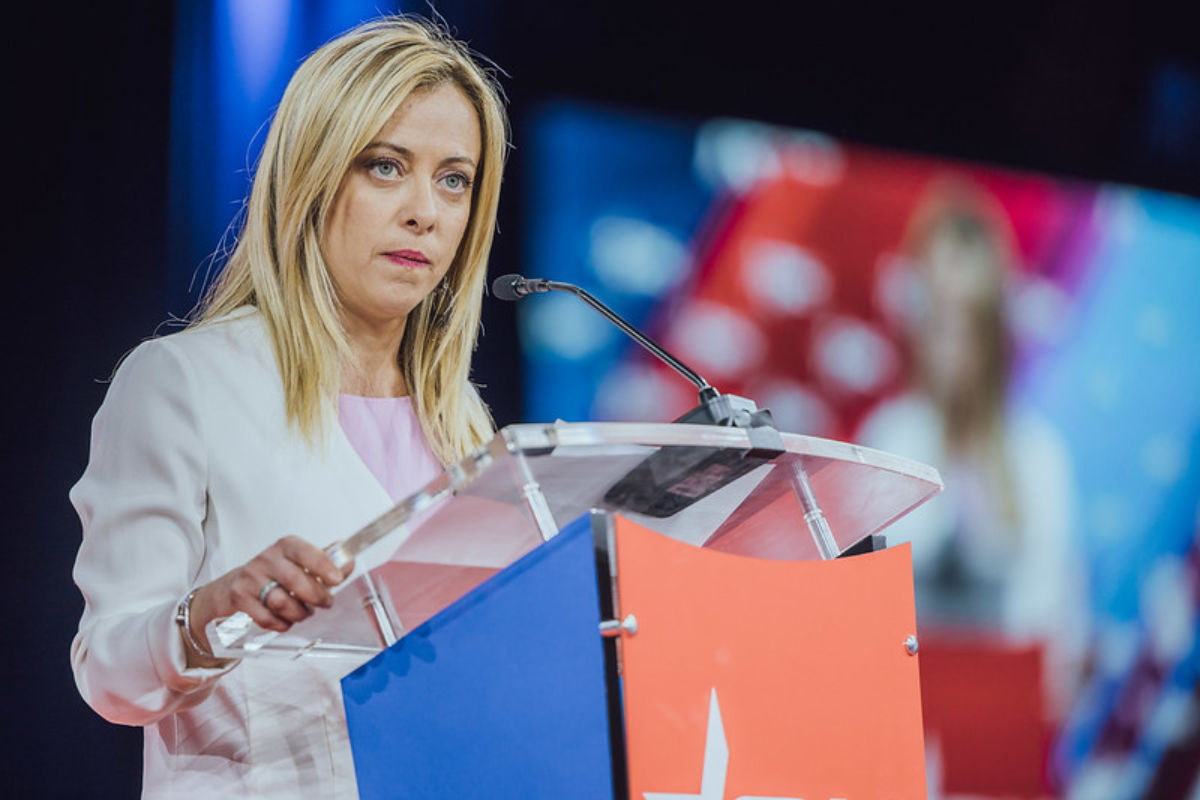Many people are suffering from serious Brexit fatigue. But has the UK made a significant move towards overcoming the backstop impasse? The letter sent by Prime Minister Johnson to President Juncker on 2 October[1] and its accompanying ‘explanatory note’[2] deserve examination.
The major step forward is the proposal to introduce “a zone of regulatory compliance across Northern Ireland and the EU, which would remove the need for regulatory checks and related infrastructure at the border between Northern Ireland and Ireland, while enabling the UK and EU to maintain their own distinct customs regimes” (i.e. the UK leaves the EU customs union).
The zone of regulatory compliance means that for trade across the Irish border:
- for agri-food products, EU sanitary and phytosanitary (SPS) regulations would apply,
- and for industrial manufactured goods, EU product rules and standards would apply.
This all-Ireland economic zone in turn would require checks and controls over trade between Great Britain and Northern Ireland.
Thus far the proposal is heading in the direction of one of the hypotheses long advanced by M. Barnier, namely that if the UK were to leave the EU’s customs union, and if there were to be no border across Ireland, then there would have to be a border down the Irish Sea. The paper avoids such simplified and controversial expressions as ‘a border down the Irish Sea’. But that is what it amounts to.
While product standards for agri-food and industrial manufactures are very important, they are not enough for the EU in the sense that they do not of themselves ensure ‘level playing field’ conditions, which involve many other regulatory matters such as labour and environmental conditions and competition policy over state aid, etc. The paper refers such matters to future negotiations over the future relationship between the EU and UK. Meanwhile the Prime Minister has made vague noises about getting free of such conditions. For the EU, this means that the UK is making no commitments.
The second major innovation is the proposal on how to overcome the opposition of political leaders in Northern Ireland, notably of the DUP party, to any such erosion of the integrity of the territory of the United Kingdom – with the border down the Irish Sea. The Prime Minister appears to have gained their acquiescence by providing the Northern Ireland Assembly and Executive with a veto over of this arrangement at the outset, or subsequently at four yearly intervals after the end of the transition period. This will “provide an opportunity for democratic consent to these arrangements by the Northern Ireland Assembly and Executive…”. “If consent is withheld, the arrangements will not enter into force or will lapse…”.
If the agreement or acquiescence of Northern Ireland was gained in this way, it was at the expense of denying a fundamental feature of the backstop, namely that the no-hard border regime would continue indefinitely unless an adequate alternative regime were agreed between the UK and EU. The introduction of the veto power delegated to Northern Ireland would be a big hole in the legal certainty of the Treaty between the EU and UK.
There is also considerable detail regarding mechanisms to provide for checks and controls over trade inland from the physical border, or by electronic communications. In the absence of a free trade agreement between the UK and EU such arrangements would have to include payment of customs tariffs through declarations and procedures ‘inland’, whose full technical specification and thus viability are not yet assured, and may prove a difficult matter to resolve.
It is also notable that the proposal provides for the UK, Northern Ireland included, to quit the EU customs union. Goods entering Northern Ireland from third countries would pay UK import tariffs, and if re-exported to Ireland further complications would arise.
The above seem to be the main reasons why EU spokesmen have not gone beyond saying that the proposal has some positive features.
Among the merits or demerits of the latest Brexit proposition, this author cannot resist commenting on the elaborate proposal for Northern Ireland to remain in the EU’s system of agri-food and industrial product standards and regulations, while Great Britain may do it differently. What indeed can the UK expect to do differently to the many thousands of such standards and regulations adopted by the EU, many of which have been defined in any case by pan-European or UN-based standards organisations? For the most part it boils down to questions that are today unanswered in the Brexit political debate such as: do you want the British garden lawn mower to be more safe, or less safe, or just differently British (and therefore unexportable) compared to those sold in the EU? The high voltage political argument about being a “vassal state” of the EU comes down to this practical level, at which point the puzzled citizen will tend to say “why change the lawn mower?” The advocates of Brexit as the means to achieve a “global Britain” have not understood, or do not want to know that the EU’s existing product standard regime is also in large measure a global reality.
The author would like to thank Jacques Pelkmans for his helpful comments.
[1]https://assets.publishing.service.gov.uk/government/uploads/system/uploads/attachment_data/file/836029/PM_letter_to_Juncker.pdf
[2]https://assets.publishing.service.gov.uk/government/uploads/system/uploads/attachment_data/file/836116/Explanatory_Note_Accessible.pdf



